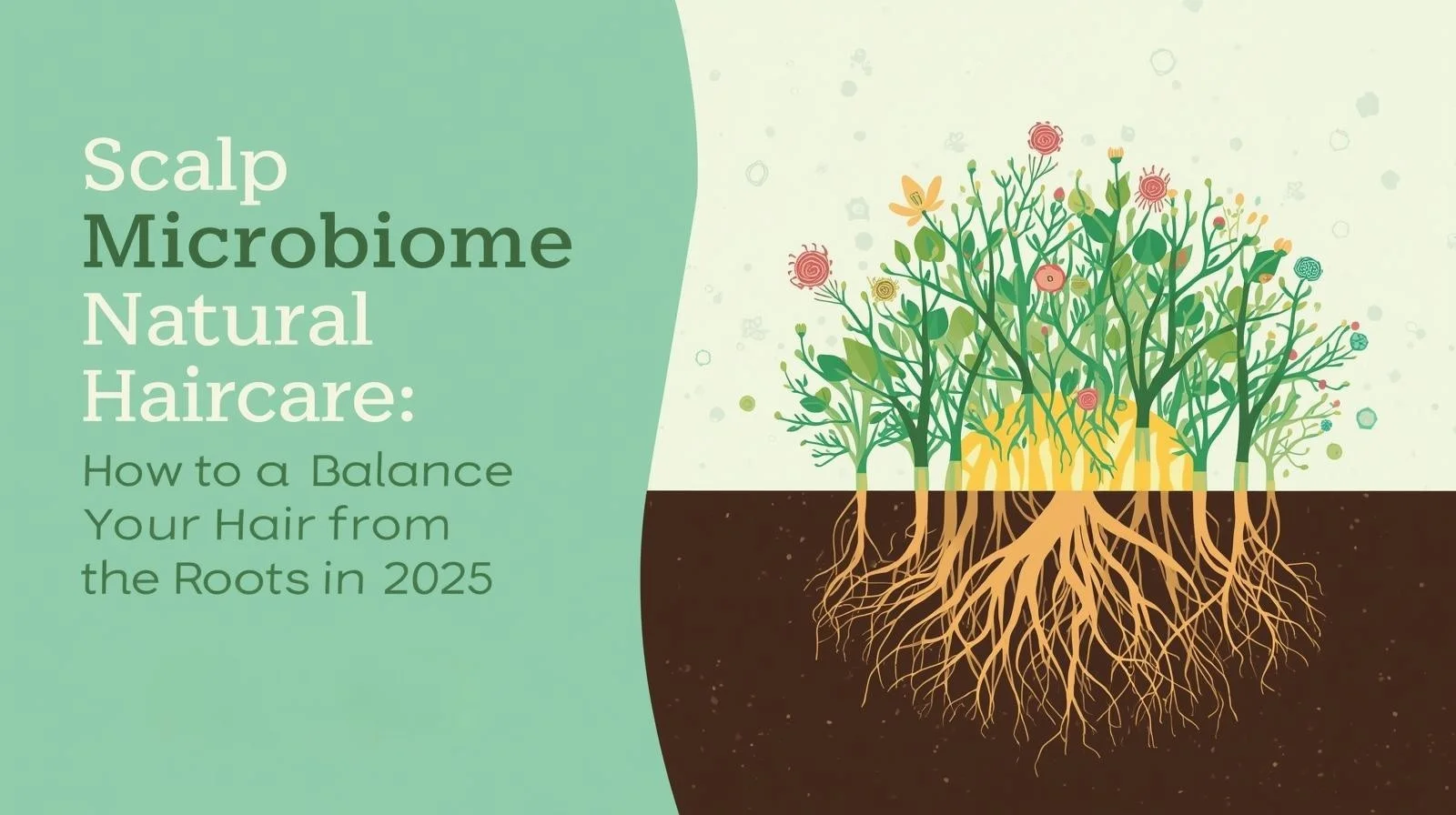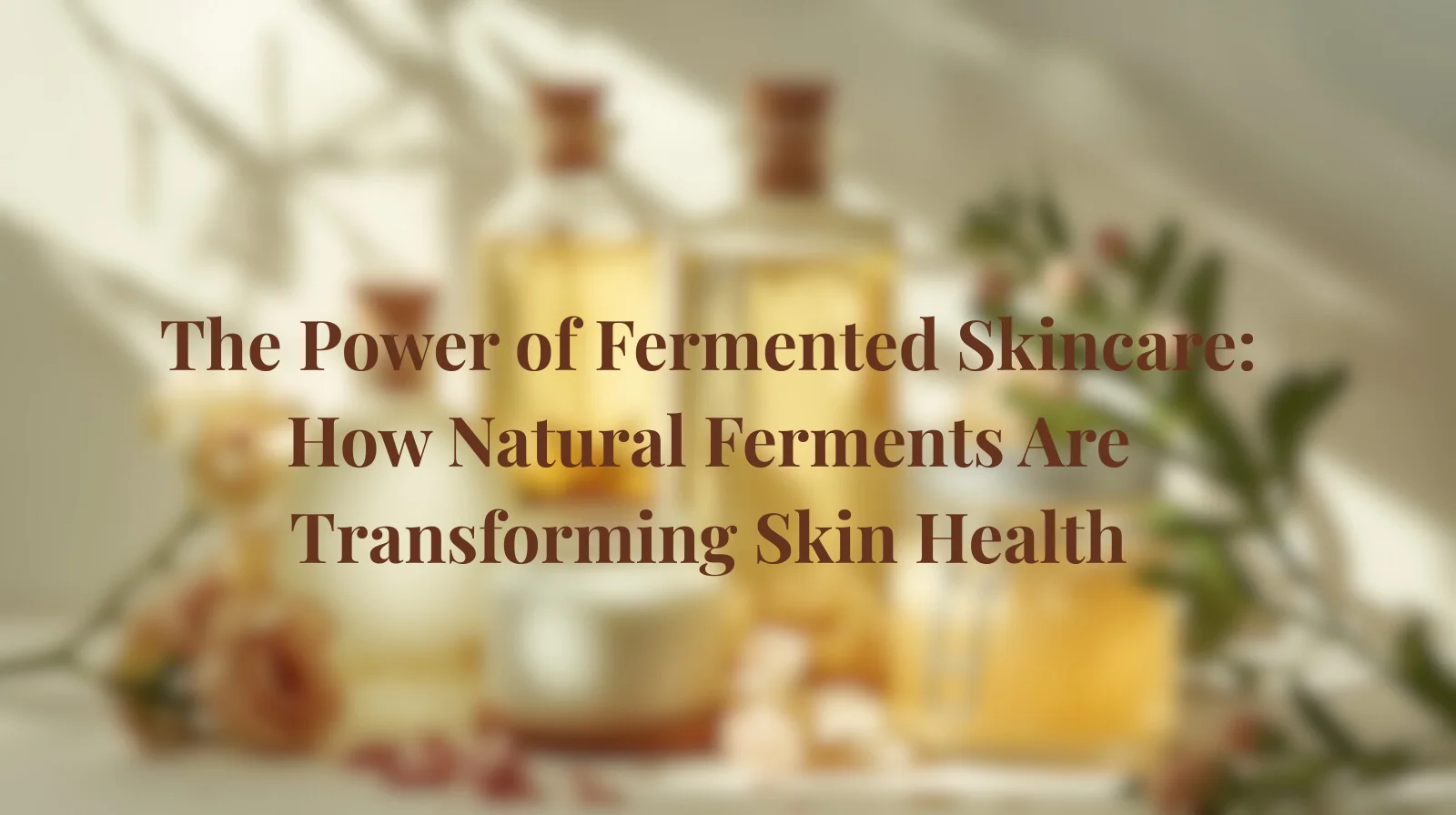Glowing and radiant skin is not merely a result of expensive skincare products, it begins from within. The food we consume plays a pivotal role in determining the health and appearance of our skin.
A diet rich in specific nutrients can enhance your complexion, fight off blemishes, and slow ageing.
In this comprehensive guide, we will take a journey to explore the best foods for achieving and maintaining glowing skin.
Table of Contents:
By making mindful choices in your diet, you can nourish your skin from the inside out, revealing a vibrant and healthy complexion.
We spend a hefty amount on our daily skincare products. Then, we spend an extra amount on various salon treatments.
We do not understand that no topical application will work if we do not care for our skin internally.
1]. Hydration is Key
-
Water is the ultimate elixir for healthy skin. Staying adequately hydrated helps flush out toxins, prevents dryness, and maintains skin’s elasticity.
-
Aim to drink at least eight glasses of water every day to keep your skin supple and glowing.
-
Herbal teas, coconut water, and water-rich fruits like watermelon and cucumber are excellent choices to boost your hydration levels.
-
A well-hydrated skin can be more resistant to the damaging effects of UV radiation from the sun.
-
It can help reduce the risk of sunburn and premature ageing caused by sun exposure.
2]. Antioxidant-Rich Berries
Berries, such as blueberries, strawberries, and raspberries, are packed with antioxidants like vitamin C and flavonoids.
-
These compounds help protect your skin from harmful free radicals that can cause premature ageing.
-
Antioxidants also support collagen production, promoting skin elasticity and reducing fine lines and wrinkles.
-
Incorporate a colourful assortment of berries into your diet through smoothies, yoghurt, or as a topping for oatmeal.
-
Antioxidants play a vital role in skin health by protecting it from oxidative stress caused by free radicals and environmental factors such as UV radiation, pollution, and toxins.
-
Incorporating antioxidants into your skincare routine can help prevent premature ageing, reduce the risk of skin cancer, and promote overall skin wellness.
3]. Omega-3 Fatty Acids
Omega-3 fatty acids found in fatty fish like salmon, mackerel, and trout are essential for maintaining healthy cell membranes.
-
These healthy fats help retain moisture in your skin, reduce inflammation, and promote a smoother complexion.
-
If you’re not a fan of fish, you can get your omega-3s from sources like flaxseeds, chia seeds, and walnuts.
-
Omega-3 supplements are also an option if you have difficulty meeting your daily requirements through food alone.
-
It’s essential to maintain a balanced diet and consider omega-3s as part of an overall approach to skin health.
-
Additionally, if you have specific skin concerns or medical conditions, consult with a dermatologist or healthcare provider for personalized recommendations and guidance on incorporating omega-3s into your skincare routine and diet.
4]. Leafy Greens and Vitamin A
Leafy greens like spinach, kale, and Swiss chard are rich in vitamin A and other essential nutrients.
Vitamin A is crucial for skin cell production and repair, helping to keep your skin soft and supple.
Additionally, leafy greens contain antioxidants that combat skin-damaging free radicals.
You can add these greens to salads, smoothies, or sautéed dishes for a skin-boosting dose of vitamins and minerals.
Here are some green leafy vegetables you can add to your diet.
-
Spinach: Spinach is a nutritional powerhouse packed with vitamins A, C, and K, as well as folate, iron, and antioxidants. These nutrients help maintain skin elasticity, promote collagen production, and protect against free radical damage.
-
Kale: Kale is high in vitamins A and C, which can support skin cell turnover and repair. It also contains lutein and zeaxanthin, antioxidants that protect the skin from UV radiation.
-
Swiss Chard: Swiss chard is a good source of vitamins A and C and magnesium and potassium. These nutrients can help maintain skin hydration and reduce the appearance of fine lines.
-
Collard Greens: Collard greens are rich in vitamins A and K, calcium, and fibre. Vitamin K can help reduce dark circles under the eyes and support overall skin health.
-
Arugula: Arugula contains vitamins A and C, and folate and calcium. These nutrients support collagen production and skin cell renewal.
-
Watercress: Watercress is a nutrient-dense leafy green that is rich in vitamins A and C, iron, and calcium. It can help detoxify the skin and promote a healthy complexion.
5]. Collagen-Boosting Foods
Collagen is a protein that provides structural support to the skin, keeping it firm and youthful.
-
As we age, collagen production naturally decreases, leading to sagging skin and wrinkles.
-
To counteract this, include collagen-boosting foods like bone broth, chicken, fish, broccoli, cauliflower, and Brussels sprouts in your diet.
-
Vitamin E is an antioxidant that can protect collagen from oxidative damage.
-
Foods rich in vitamin E include nuts, seeds, and vegetable oils like wheat germ oil and sunflower oil.
6]. Vitamin E for Skin Health
Vitamin E is a potent antioxidant that protects the skin from sun damage and supports overall skin health.
-
Foods like almonds, sunflower seeds, and avocados are rich in vitamin E and can help maintain a radiant complexion.
-
Additionally, vitamin E promotes skin healing and reduces the appearance of scars and blemishes.
-
Snack on almonds, incorporate sunflower seeds into your salads or enjoy a creamy avocado spread on whole-grain toast to reap the benefits of vitamin E.
7]. Probiotics and Gut Health
The health of your gut is closely linked to the health of your skin.
-
Probiotics in yoghurt, kefir, kimchi, and sauerkraut help maintain a balanced gut microbiome.
-
A balanced gut microbiome can reduce inflammation, which is a common trigger for skin issues like acne and eczema.
-
Incorporate probiotic-rich foods into your diet to support digestive health and a clear, glowing complexion.
-
If you have persistent skin issues or gut problems, consider consulting a healthcare provider or dermatologist.
-
They can help identify underlying causes and recommend appropriate dietary changes.
Conclusion:
Achieving and maintaining glowing skin is a holistic journey that involves more than just skincare products.
By nourishing your body with the right foods, you can enhance your complexion, reduce the signs of ageing, and promote overall skin health.
Remember, stay hydrated, load up on antioxidants, and include skin-loving nutrients like omega-3 fatty acids, vitamin A, and collagen-boosting foods in your daily meals.
A well-balanced diet, with proper skincare, will help you achieve the radiant and healthy skin you’ve always desired.
So, start today by making mindful food choices and watching your skin glow from within.
If you’re not a part of our amazing family, you’re missing out. Join us today and start your natural skincare and haircare journey and get help from other community members. 😊






